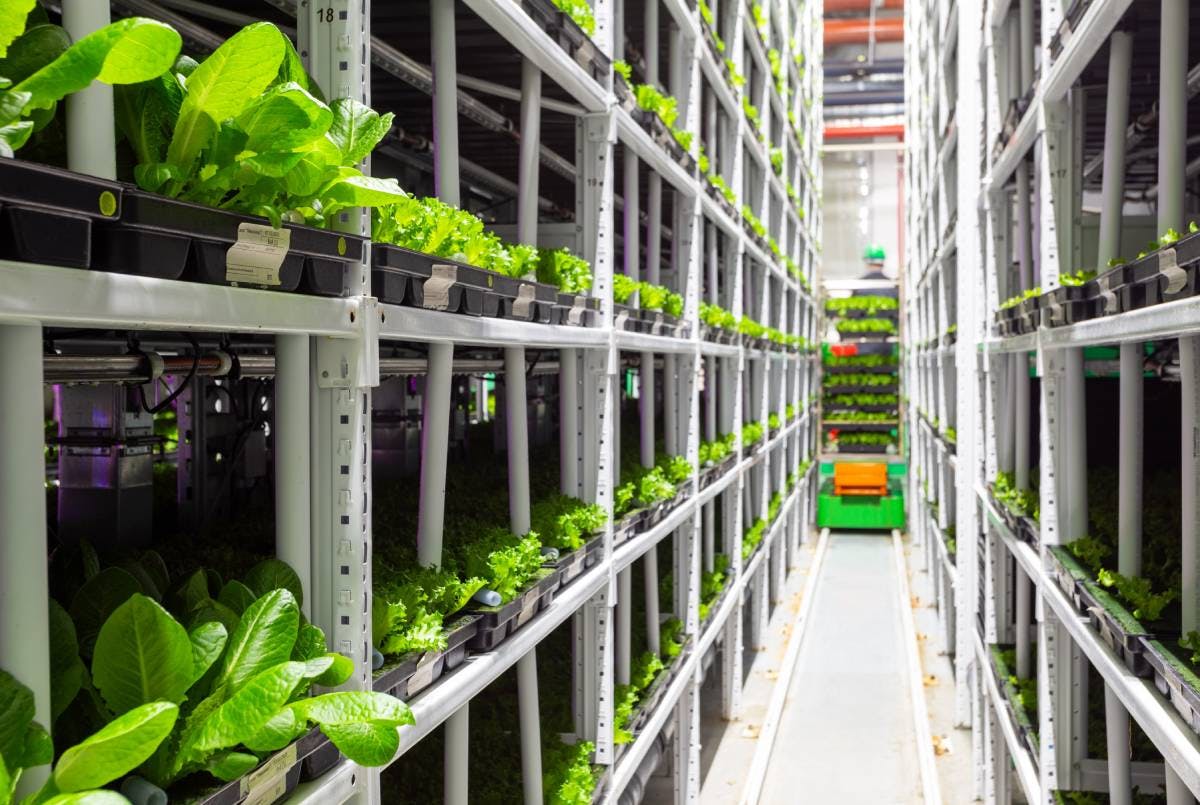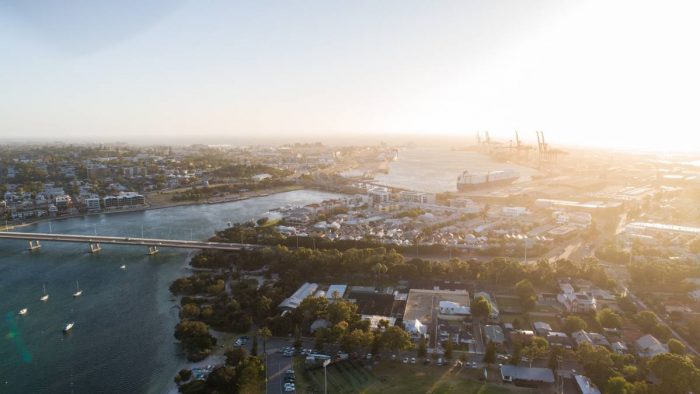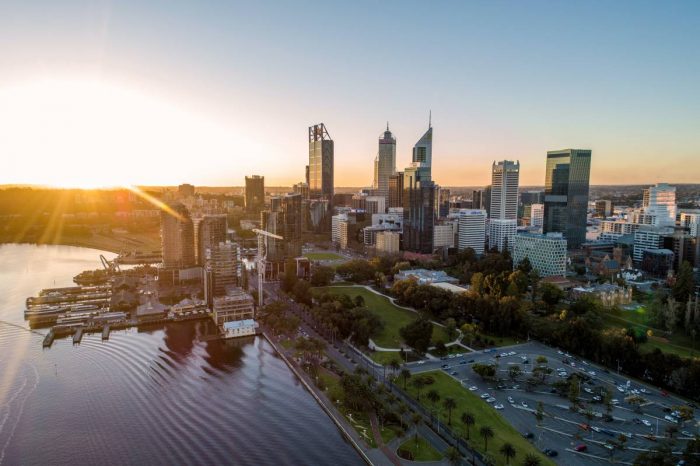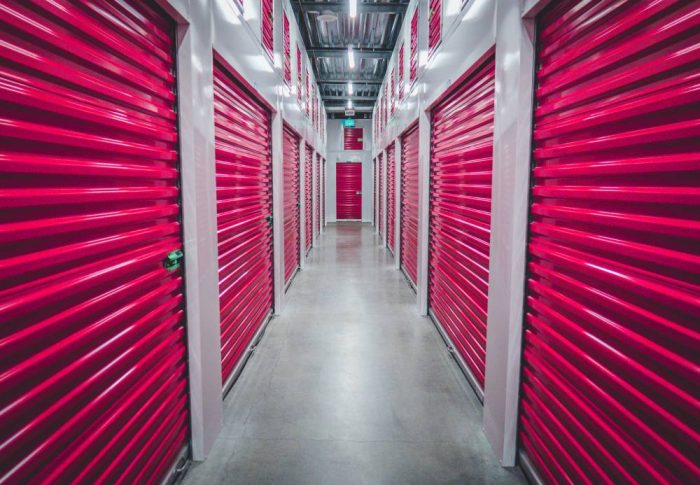Covid 19
Why manufacturing in WA makes a whole lot of sense
Published
25 October, 2021

Listen up industrial landlords. If the pandemic hasn’t done enough to drive industrial property values through the steel roof, with logistics and storage occupants seeing huge demand for their services during COVID-19, there’s yet another industrial tenant type reaping the rewards of lockdowns and closed borders: manufacturers.
Instead of looking to overseas suppliers, with drastic logistical delays and ludicrous import costs, many businesses are looking to local manufacturers to satisfy their needs.
And it appears that many manufacturers are calling Perth an ideal spot to operate.
We might never see the same demand for local mechanical manufacturers as we did 50 or 60 years ago. After all, manufacturing in Australia peaked in the 1960s at 25 per cent of the country’s GDP (it’s since dropped below 10 per cent). But other sub-sectors of the local manufacturing industry are making huge headway.
Why manufacture in WA?
From chemical and agricultural products to clothing and food, WA is growing as a hotspot for manufacturing. But the big question remains, why have so many turned to or promoted WA as a hub to manufacture their product?

From chemical and agricultural products to clothing and food, WA is growing as a hotspot for manufacturing.
Short supply chain
A short supply chain has been an instant winner for businesses during COVID-19. Since the pandemic struck, there have been huge delays on far-travelled goods, and the overwhelming costs to import on the few ships and air freighters into isolated Perth is outstripping the cost savings to use foreign manufacturers. So, businesses are looking locally and manufacturers are flushed with new clientele.
A reliable market
Speaking with Business News WA about their decision to manufacture in WA, renowned irrigation equipment supplier Holman Industries awarded WA’s reliable market as the reason for their business’s success. “To be efficient you need to have a good, reliable market that isn’t going to come and go week by week, which some markets do; they will be good one year and bad the next,” managing director Wally Edwards said. Mr Edwards said that success was dependent on efficiency – good machines, good tooling, and as much automation as possible. And of course, “You need customer volume to be able to run a factory efficiently.”It’s no surprise WA’s booming economy is aiding their success.
COVID-19’s impact on WA

WA’s booming economy has helped Perth manufacturers flourish.
COVID-19 in WA hasn’t had the same destructive force as seen in neighbouring states (unless the conversation circles around its residents’ last overseas vacation or interstate visit). We can’t deny the level of business activity within our state border has been somewhat normal – okay, it’s been booming – and this is where local manufacturers have been able to flourish.
Labour
A stress for local manufacturers in recent times has been from an infamous labour shortage. Even before the pandemic, labour shortages took over headlines. And nowadays the country doesn’t have the influx of foreign workers taking up labouring jobs. The good news is the employment index is pointing to higher workforce levels, which is a very positive sign after severe disruptions from COVID-19. The high workload, ironically caused by the pandemic, has created jobs for local workers – no matter the sub-sector in which the manufacturer operates. And if that’s not enough, automation in these workplaces are reducing the overall need for physical labour. Those who are adapting to the exponential growth in technology will continue to survive any labour shortage.
Government aid
And to top it all off for local manufacturers, the government has their back. The federal government is incentivising growth in six areas of manufacturing: resources technology & critical minerals processing, food & beverage, medical products, recycling and clean energy, defence and space.It’s made for a very exciting time for manufacturing businesses operating in these segments.
Future of COVID-19 on WA industrial property
I won’t pretend we know any more than you do about the future of the Perth coronavirus experience. Mark McGowan hasn’t set foot inside the P&P office walls to deliver inside info, yet we can speculate, through the state government’s activity, that there is a plan to rejoin WA to its neighbouring eastern seaboard. WA will eventually open its doors. Last week’s announcement that 75 per cent of the West Aussie workforce must be vaccinated is a clear call that the WA government is preparing, however slowly, to open the state’s borders.

Lockdowns are a buzzkill for almost any business. But WA’s lockdowns have been shorter than any of its neighbours on the east coast.
Once the border restrictions are removed, it’s possible we’ll see a rise in coronavirus cases and, as McGowan has indicated, we may see a fluctuation of restrictions. What will this mean for WA industrial premises? And in particular, Perth manufacturers?
Lockdowns are a buzzkill for almost any business, and manufacturers share the woes whenever we’re forced to temporarily stay at home. Luckily for us here in West Australia, our lockdowns have been short and most of us have been able to continue working.
And with the state’s vaccination rate expected to hit 80 per cent by Christmas, and McGowan’s intention to ensure vaccinated individuals can still head to work during lockdowns, there’s confidence in the industry and among landlords that COVID-19 will become a thing of the past. When it does, the rewards the pandemic gave WA’s manufacturing industry will perhaps stick around – as long as manufacturers can remain efficient and adapt to any changes the market may throw.
Want to become an industrial landlord?
 Properties & Pathways is a dynamic commercial property investment company, and our next investment is right around the corner. With our portfolio spread across retail, office, and industrial assets, and our completed syndicates having provided investors an average annualised return of 19%, there’s plenty of reason to invest alongside us. For more information, get in touch today.Or want to learn about commercial property? Subscribe to our mailing list and we’ll not only keep you up to date with Australia’s commercial property market every month, we’ll ensure you’re the FIRST to know about our next commercial property investment opportunity.
Properties & Pathways is a dynamic commercial property investment company, and our next investment is right around the corner. With our portfolio spread across retail, office, and industrial assets, and our completed syndicates having provided investors an average annualised return of 19%, there’s plenty of reason to invest alongside us. For more information, get in touch today.Or want to learn about commercial property? Subscribe to our mailing list and we’ll not only keep you up to date with Australia’s commercial property market every month, we’ll ensure you’re the FIRST to know about our next commercial property investment opportunity.



